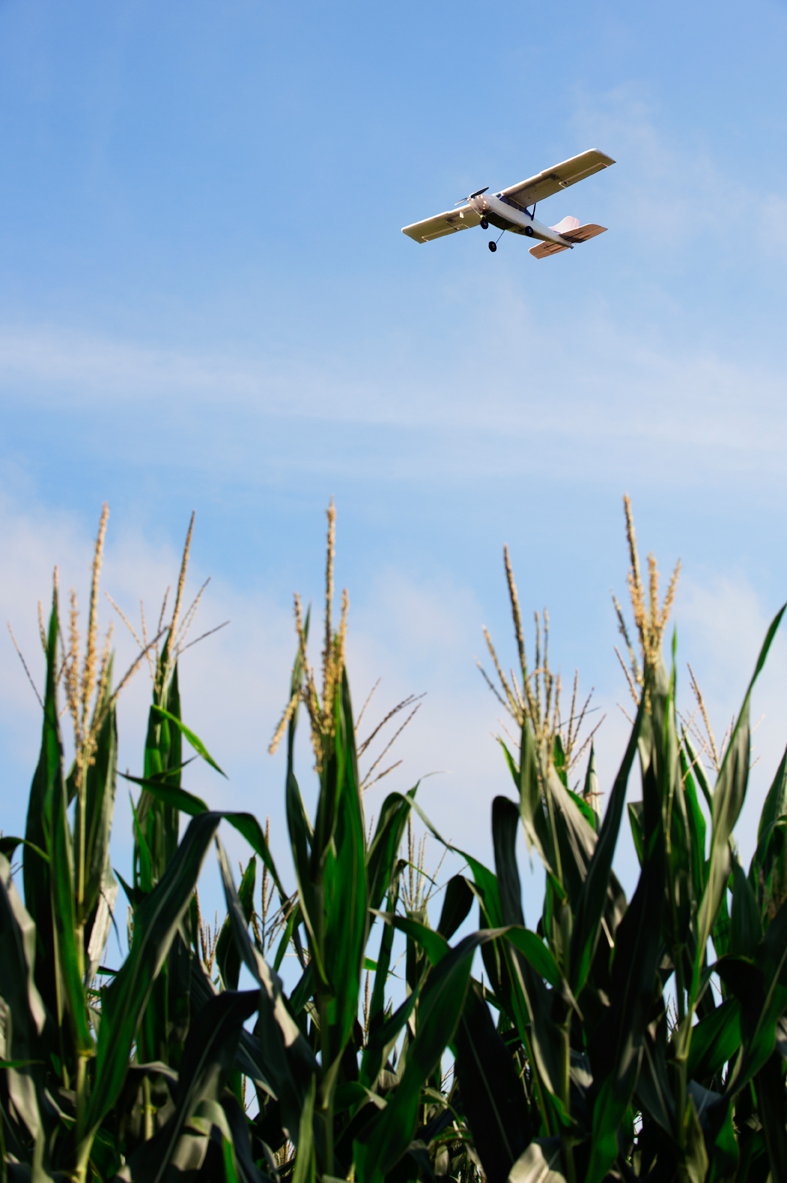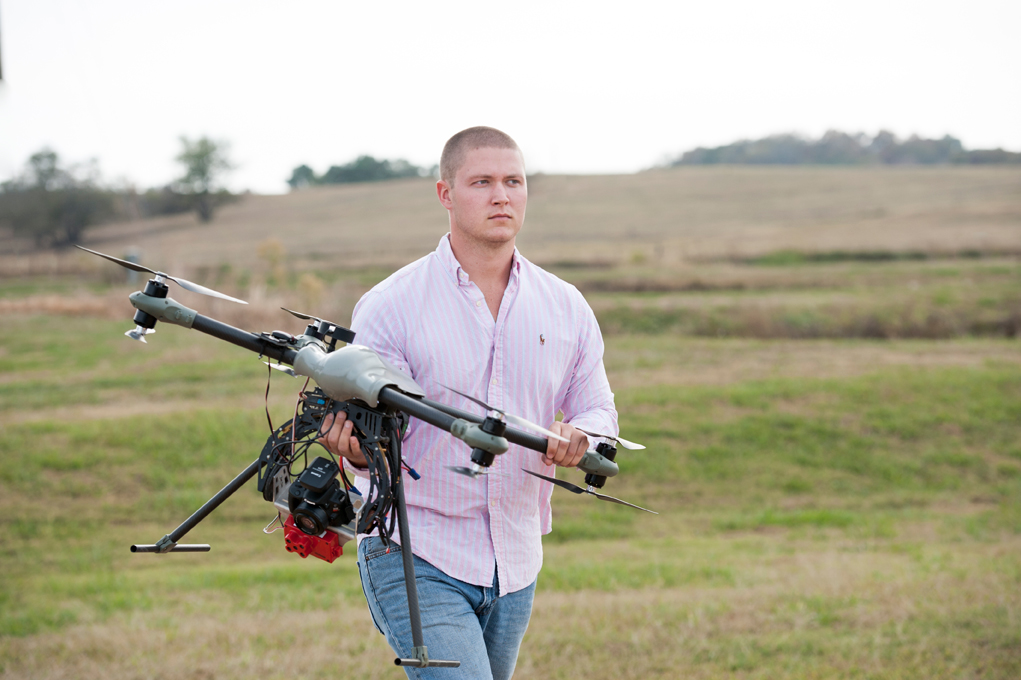2/26/2018 - Jackson, Miss.
Mississippi agribusiness helps give the world food, clothing and shelter and even helps heal the sick. With 10 million farming acres and 19.5 million acres of forests in Mississippi, the state's top industry is agriculture and forestry. Working with farmers and foresters, Mississippi companies turn the food and forestry harvests into the products we buy. Mississippi Public Universities support Mississippi agribusiness through teaching, research and service.
The Mississippi Small Farm and Agribusiness Center (MSFAC) at Alcorn State University was established in 1988 by an act of Mississippi State Legislation to promote, enhance and facilitate the development and growth of small farms and alternative agricultural enterprises. The State has approximately 37,500 small farms with annual gross farm revenue of $50,000 or less. The Mississippi Small Farm and Agribusiness Center provides services directly to approximately 5,000 farmers and indirectly to several thousand through its website linking the Center to farmers all over the State of Mississippi and beyond its borders.
The National Center for Natural Products Research at the University of Mississippi discovers and develops natural products for use as pharmaceuticals, dietary supplements and agrochemicals. Research focuses on the biological and chemical properties of medicinal plants as potential crops for Mississippi farmers. NCNPR facilities include production greenhouses, demonstration garden beds, shade houses, field plots, and biomass processing facilities. The USDA Agricultural Research Service Natural Products Utilization Research Unit is co-located with NCNPR in the Cochran Center on the university's Oxford campus.
At Mississippi State University, student-led teams are leveraging a century's worth of renowned research and experience to lead the way in developing new agricultural technologies. Researchers in the MS Agricultural and Forestry Experiment Station are growing better crops, creating alternative irrigation methods and devising innovative systems to move vital resources from farm to table.
Almost 50 universities worldwide have banded together to address the global issue of hunger and Mississippi State is leading the way. The university's expertise, from the laboratory, to the farm, to the market, to the table, place it in a unique position to address the world's needs today and into the future.
With the world's population expected to top 9.5 billion by 2050, food production will need to double to keep pace. MSU students are helping prepare for the future today - by finding ways to use unmanned aerial vehicles to boost crop production, creating new water sources for developing countries, researching disease-resistant crops, and developing safer and more effective ways to use pesticides and herbicides in crop protection.
Mississippi State University is conducting a collaborative research program in partnership with the USDA Agricultural Research Service to enhance food safety and the quality of farmed products such as catfish, seafood and produce. The university's Global Center for Aquatic Food Security is providing a platform for students to discover solutions that ensure a safe, worldwide supply of seafood. Student researchers are also helping eradicate food-borne pathogens and improve the health of cattle, leading to greater production and market value.
Community outreach and education is a key component of the university's work in agriculture. The Mississippi State University Extension Service recently hosted a mom's day out with a farm twist, giving a group of 15 mothers of school-aged children the opportunity to participate in a Farm Fresh and Healthy Tour in and around Starkville. The event included a tour of a local producer's farm, a visit to a livestock production facility, and a cooking demonstration from Chef Jay Yates from the Veranda restaurant. The purpose of the tour was to promote and support agricultural production through outreach and education, strengthen the connection between the farmers and local consumers, and sustain the community farmers market.
For more information:

The Mississippi State University Extension Service hosted the Farm Fresh and Healthy Tour to show families how their food makes it from the farm to the local market. Here, Debra Shafer and her grandson Sam Shafer of Starkville browse the colorful produce. (Photo credit: Mississippi State University)

Mississippi State University is advancing the use unmanned aerial vehicles to boost crop production, create new water sources for developing countries, research disease-resistant crops, and develop safer and more effective ways to use pesticides and herbicides in crop protection. (Photo credit: Mississippi State University)

Sean Meacham, a senior majoring in agricultural engineering technology at Mississippi State University, uses an octocopter as part of his studies. Through unmanned aircraft systems technology, students are attempting to solve major world problems such as hunger by using UAS to revolutionize farming techniques and improve crop yields through precision agriculture. (Photo credit: Mississippi State University)
# # #
The Mississippi Board of Trustees of State Institutions of Higher Learning governs the public universities in Mississippi, including Alcorn State University; Delta State University; Jackson State University; Mississippi State University including the Mississippi State University Division of Agriculture, Forestry and Veterinary Medicine; Mississippi University for Women; Mississippi Valley State University; the University of Mississippi including the University of Mississippi Medical Center; and the University of Southern Mississippi.